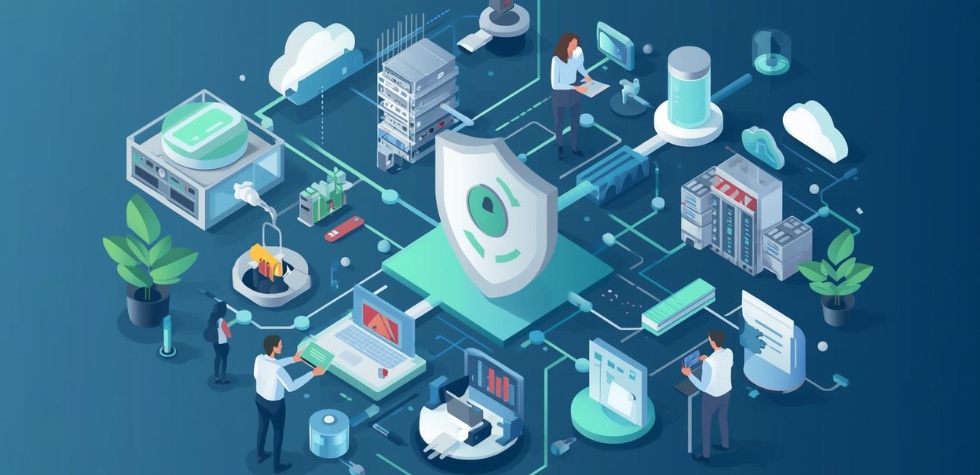Business Technology

As remote and hybrid work models become the new normal, IT security for businesses has become more crucial than ever. With employees accessing sensitive data from various devices and locations, companies face heightened risks of cyberattacks, phishing, and data breaches. Strengthening digital defenses isn’t just a tech concern but a business imperative.
Also Read: Why Cloud-First Strategies Are Now Business Essentials
Why IT Security for Businesses Must Adapt to Remote Work
Traditional office security models no longer suffice. The shift to flexible work environments means data now travels across home networks, personal devices, and cloud applications. Without proper protection, each connection becomes a potential entry point for cyber threats.
That’s why modern IT security for businesses must focus on endpoint protection, secure VPN access, and multi-factor authentication. These measures ensure that whether an employee logs in from home, a café, or an office, sensitive information stays protected.
Best Practices to Strengthen IT Security for Businesses
- Implement Zero Trust Frameworks – Verify every user and device, regardless of location or network
- Use Strong Authentication Protocols – Multi-factor authentication (MFA) adds an essential layer of defense
- Encrypt All Communications – Ensure all data transfers and emails use end-to-end encryption
- Regular Security Training – Educate employees about phishing, ransomware, and safe browsing practices
- Data Backup and Recovery Plans – Regularly back up critical data to secure cloud environments
These steps help businesses stay one step ahead of evolving digital threats.
The Human Element in IT Security for Businesses
Technology alone can’t safeguard a company. Employees play a vital role in maintaining cyber hygiene. Encouraging awareness and accountability ensures every team member becomes a proactive participant in maintaining IT security for businesses.
Also Read: The Rise of Composable Business Tech: Building Agile and Scalable Enterprises
Conclusion: Building a Secure Digital Workplace
In a connected world, flexible work should never mean flexible security. Strengthening IT security for businesses in remote and hybrid models ensures data integrity, customer trust, and long-term resilience. Companies that invest in secure practices today are the ones ready for tomorrow’s digital challenges.
Tags:
Cyber securityDigital TransformationIT InfrastructureAuthor - Vishwa Prasad
Vishwa is a writer with a passion for crafting clear, engaging, and SEO-friendly content that connects with readers and drives results. He enjoys exploring business and tech-related insights through his writing.